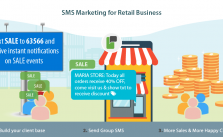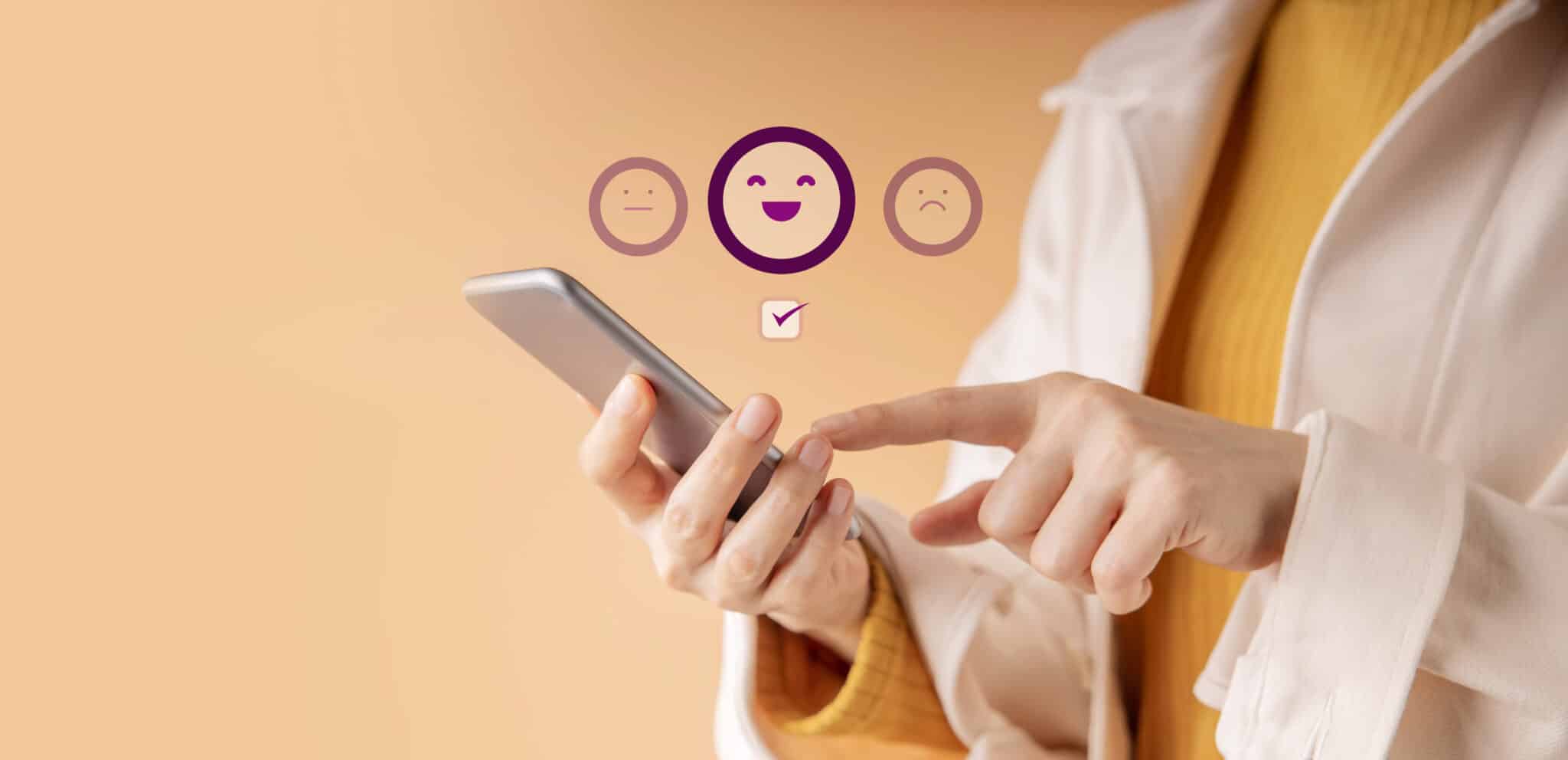Table of Contents
- How Text Message Appointment Reminders Work
- Benefits of Using Text Message Appointment Reminders
- Setting Up Text Message Appointment Reminders
- Examples in Various Industries
- Common Challenges and Solutions
- Customization and Personalization
- Analytics and Performance Tracking
- Legal and Ethical Considerations
- Future Trends in Appointment Reminders
Maintaining efficiency and customer engagement is paramount in today’s fast-paced business environment. Text message appointment reminders serve as a crucial tool in achieving these goals. They are simple yet highly effective methods to ensure clients or patients remember their appointments, reducing the likelihood of no-shows and miscommunications.

This technology integrates seamlessly with most scheduling systems, sending automated messages to remind individuals of their upcoming appointments. By leveraging such reminders, businesses can significantly enhance operational efficiency and foster stronger customer relationships.
How Text Message Appointment Reminders Work
Text message appointment reminders utilize SMS technology to send timely notifications about upcoming appointments directly to a client’s mobile phone. This system typically integrates with existing scheduling software, automatically triggering a reminder based on pre-set intervals—a day, a few hours, or even minutes before the scheduled time. The process is straightforward: once an appointment is booked, the system captures the client’s contact details and appointment information, scheduling a reminder to be sent without any additional input from staff. This automation saves time and reduces the burden on your administrative resources.
Benefits of Using Text Message Appointment Reminders
Increase in Appointment Attendance: One of the most tangible benefits of text message appointment reminders is the marked increase in attendance rates. By reminding clients of their upcoming appointments, businesses significantly reduce the chances of forgotten or overlooked meetings.
Reduction in No-Shows: No-shows can be costly for any business. SMS reminders decrease these instances by keeping appointments at the top of clients’ minds. This reliability can help companies to plan their resources and staff more effectively, minimizing idle time.
Improved Customer Satisfaction: Clients appreciate the convenience of reminders, which helps them manage their schedules better. This thoughtful touch can enhance the customer experience, leading to higher satisfaction rates and repeat business.
Cost-Effectiveness: Text messages are more cost-effective than phone calls or postal reminders. They require less time and labor, and with high open rates of SMS, they are also more likely to be seen and acknowledged by recipients.
Setting Up Text Message Appointment Reminders
Choosing the Right Software or Service: The first step is to select software that integrates well with your existing systems and meets your specific needs. Consider factors like ease of use, customization options, and cost.
Crafting Effective Reminder Messages: The effectiveness of your reminders can hinge on the message itself. Keep reminders concise, polite, and informative. Include essential details like the appointment’s date, time, and location, and always provide an option for the client to confirm or reschedule.
Compliance Considerations: Ensure compliance with relevant laws and regulations, such as GDPR in Europe or HIPAA in the United States, particularly regarding data protection and privacy.
Examples in Various Industries
Healthcare: In the healthcare industry, appointment reminders are critical to managing patient flow and care continuity. They can reduce missed appointments, allowing better medical staff and resource utilization.
Beauty and Wellness: Salons and spas use text reminders to decrease cancellations and encourage timely arrivals. This practice helps maximize appointment slots and improve client service.
Professional Services: Lawyers, consultants, and other professionals use SMS reminders to manage their schedules efficiently and ensure clients are prepared and on time for consultations.
Common Challenges and Solutions
Handling Opt-In and Opt-Out Requirements: Proper consent management is vital. Always provide clear options for clients to opt in or opt out of receiving messages to comply with telecommunications regulations.
Dealing with Technical Issues: Ensure that your SMS system is reliable. Regular testing and updates can help mitigate issues like message failures or delays.
Managing Response Expectations: While SMS is an effective communication tool, it’s important to manage when and how clients should respond to reminders. Set clear guidelines and alternative contact methods for clients to follow.
Customization and Personalization
Customizing the content of text message reminders can significantly enhance their effectiveness. Personalization doesn’t just mean inserting a client’s name; it also involves tailoring messages based on the appointment type, customer preferences, or even language.
For example, a dental clinic might send a reminder message for a routine check-up differently than a surgery appointment. Customization can make clients feel valued and demonstrate that your business pays attention to individual needs.
Analytics and Performance Tracking
To optimize the effectiveness of text message appointment reminders, businesses should leverage analytics tools provided by SMS service platforms. These tools can track metrics such as delivery rates, open rates, and response rates. Analyzing this data helps understand client behaviors and preferences, which can guide further refinement of your messaging strategy and timing.
For instance, if data shows that messages sent two days before an appointment have a higher confirmation rate than those sent a week ahead, scheduling can be adjusted accordingly.
Legal and Ethical Considerations
When implementing text message appointment reminders, it’s crucial to navigate the legal landscape carefully:
- Data Security: Ensure all customer data for sending reminders is securely stored and handled.
- Privacy Compliance: Adhere to privacy laws applicable in your region or industry. For instance, obtaining explicit consent from customers before sending them SMS reminders is often a legal requirement.
- Transparent Communication: Provide clear information about how customers can manage their preferences and opt out of receiving messages to maintain trust and transparency.
Future Trends in Appointment Reminders
Looking ahead, the technology behind appointment reminders is likely to evolve, incorporating more advanced features like:
- Artificial Intelligence (AI): AI could predict the best times to send reminders based on individual client behaviors or automatically reschedule appointments based on predictive algorithms.
- Interactive SMS: Future systems might include more interactive elements, such as allowing clients to reschedule appointments or request additional information directly by responding to a reminder.
Conclusion
Text message appointment reminders are more than just a convenience; they are a strategic tool that can transform how businesses operate and interact with their clients. By adopting this technology, you can enhance operational efficiency, improve client satisfaction, and, ultimately, drive your business forward. Whether you are in healthcare, beauty, or professional services, incorporating SMS reminders into your appointment scheduling process can yield substantial benefits.
With this comprehensive look at text message appointment reminders, businesses considering this technology should feel well-informed and ready to implement a system that can significantly improve service delivery and client management.






